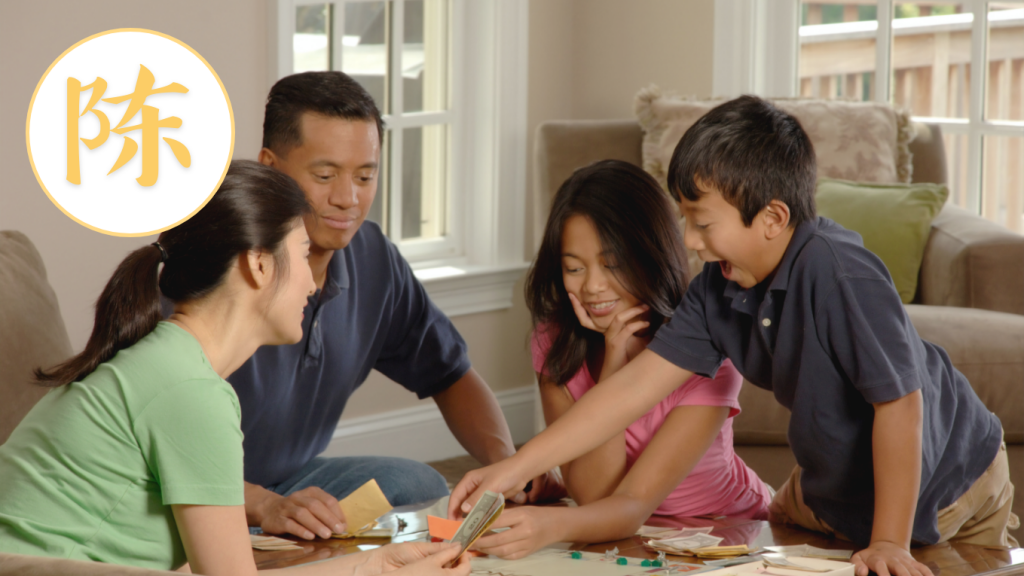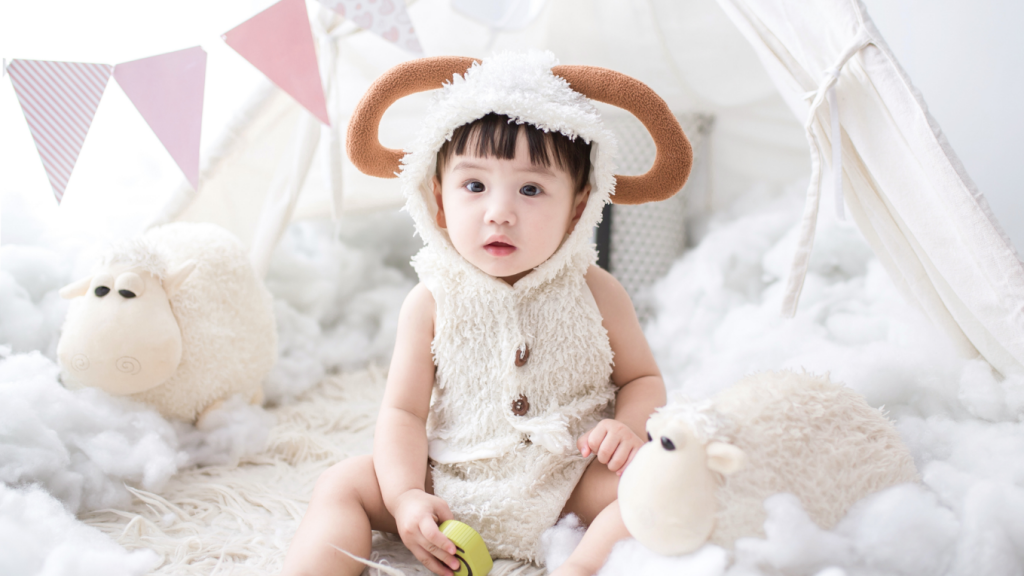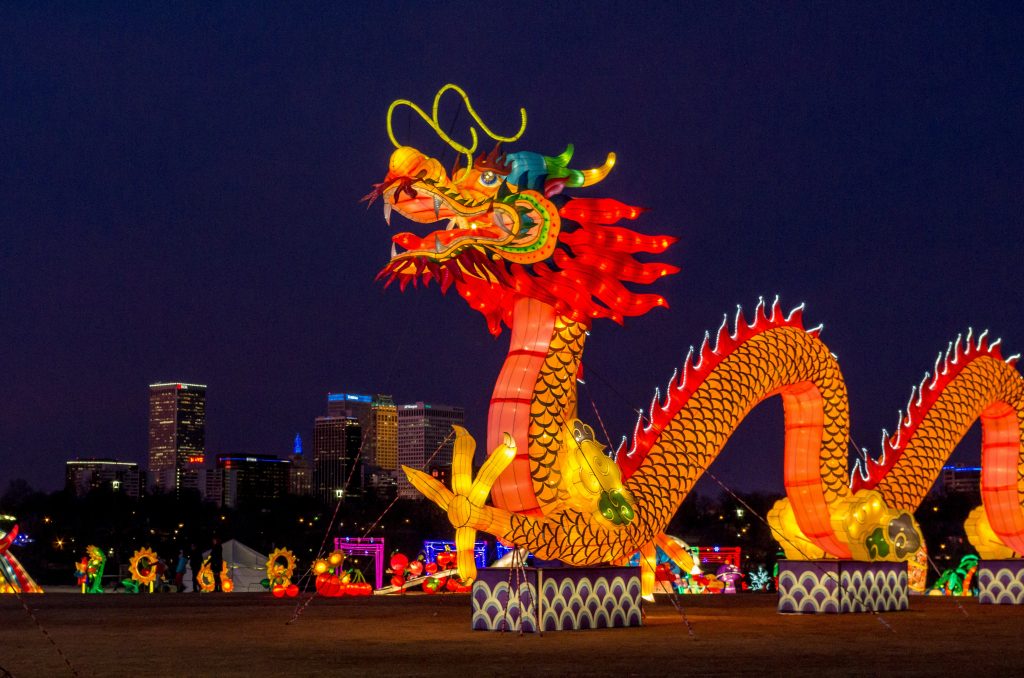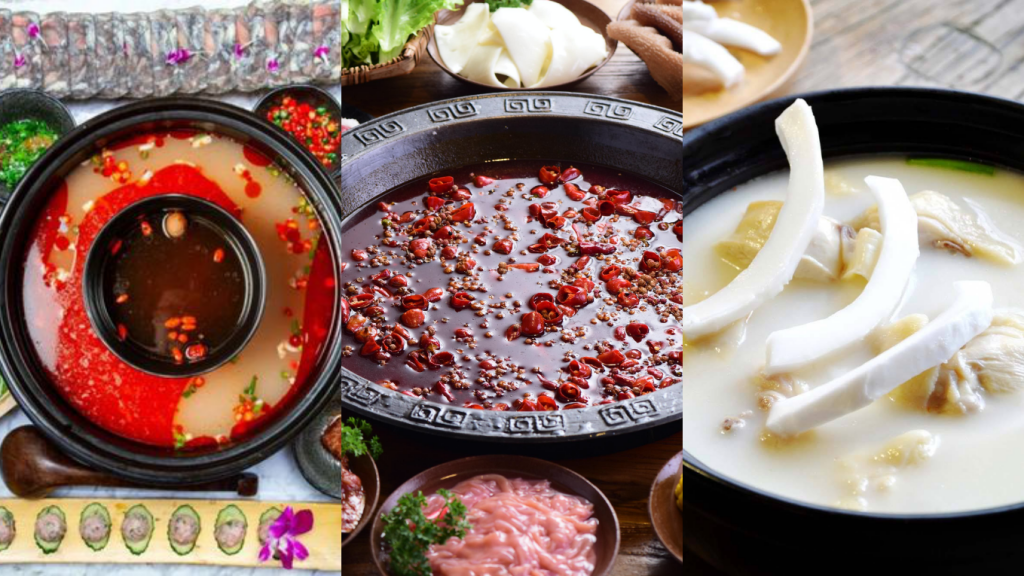What’s In A Chinese Name: Characters That Connect To Family

Each name has a story. For the Chinese, this is particularly true.
Up to the middle of the 20th century, Chinese names were often composed of three characters, with the first being the surname (姓, xìng) and the latter two being the given name (名字, míngzi). The composition and order of these characters stemmed from the idea of belonging to a family, which Chinese society values the most. Because of this, the surname is written first to highlight the importance of the family one comes from.
The given name is typically composed of two characters: the generation character and a personal character. In the past, the second character of one’s name would generally be the former, which connects an individual’s given name back to the family. However, depending on the region and family, official generation names might have been reserved only for sons—the names of daughters might not have even been recorded in the family registry. Because of this, traditions indicate that one generation either share a character that may be applied to all members or have differing characters for each gender.
The last character in one’s name is a unique personal character, which, in combination with the generation character, may indicate what a family may wish for the person being named.
One example of a Chinese name that employs this naming convention would be Jin Rulan (金如兰). In this case, the given name would mean “to be like an orchid.”
- Surname: 金 (Jīn)
- Generation Character: 如 (Rú)
- Personal Character: 兰 (Lán)
Another individual in the same generation and family may have the same first two characters. A matching example may be Jin Rusong (金如松), with the given name meaning “to be like a pine tree.”
- Surname: 金 (Jīn)
- Generation Character: 如 (Rú)
- Personal Character: 松 (Sōng)
Generation Characters
Aside from reinforcing clan identities, generation characters were usually utilized to avoid duplicating names and to assign seniority to family members according to their order of birth. These characters were usually prescribed by a generation poem (班次联, bāncì lián) being kept, which is specific to each family’s lineage. A character in the poem would be assigned to one generation in the family. As a result, generation names may be decided for tens of generations in advance.
Below is an example of a generation poem belonging to the family of Mao Zedong (毛泽东), whose generation character Zé (泽) is fourteenth in the poem:
立显荣朝士,Stand tall & display unstintingly before gentlemen,
文方运际祥。And study & method will expand the borders of our fortune.
祖恩贻泽远,Ancestral favors bequeath kindness through the ages,
世代永承昌。Descendants forever obliged for their prosperity.
Other related naming conventions
Aside from generation characters, families may also opt to use characters belonging to a common word or characters belonging to relating words. An example of this would be Chen Mei (陈美) and Chen Li (陈丽), in which Chén (陈) would be the surname and both given names originate from the word méilì (美丽, beautiful).
(Note: Two-character names are also common in Chinese naming traditions.)
In contemporary society, generation characters are not as popular as they had once been, especially in light of urbanization and socio-cultural influences. But this does not make modern names any less meaningful. Carrying a sense of belonging, identity, and the hopes parents have for their child, a Chinese name is one that reflects the collectivist values of the people and the inarguable importance of one’s family.
Sources:
Sung, M. Y. (1981). Chinese Personal Naming, Journal of the Chinese Language Teachers’ Association.
毛祖人 (n.d.). Baike.
Li, Z. & Lawson, E (2002). “Generation Names in China: Past, Present, and Future.” [Abstract]. A Journal of Onomastics.












